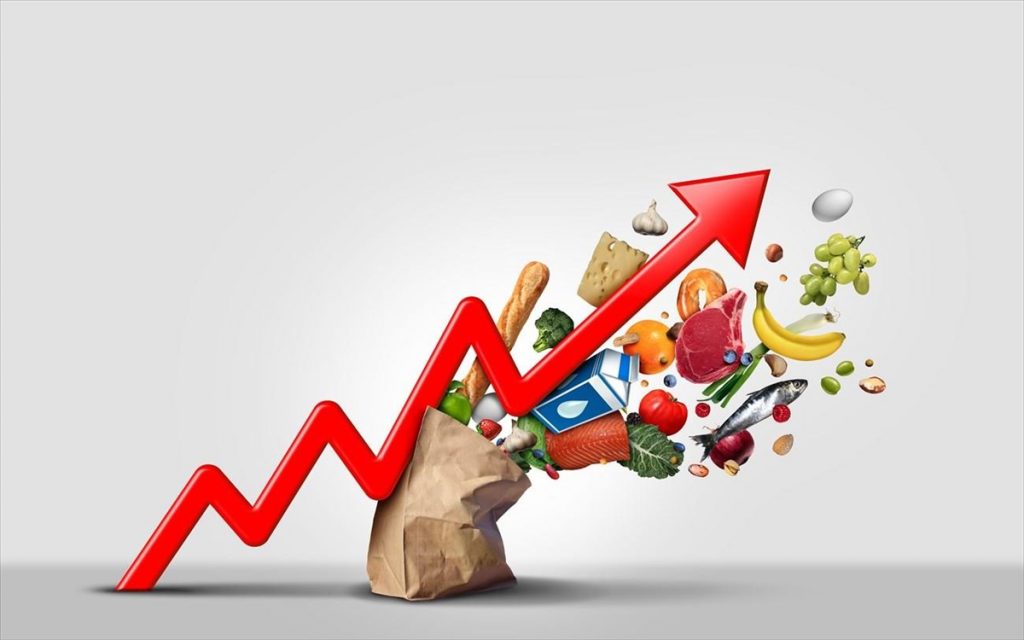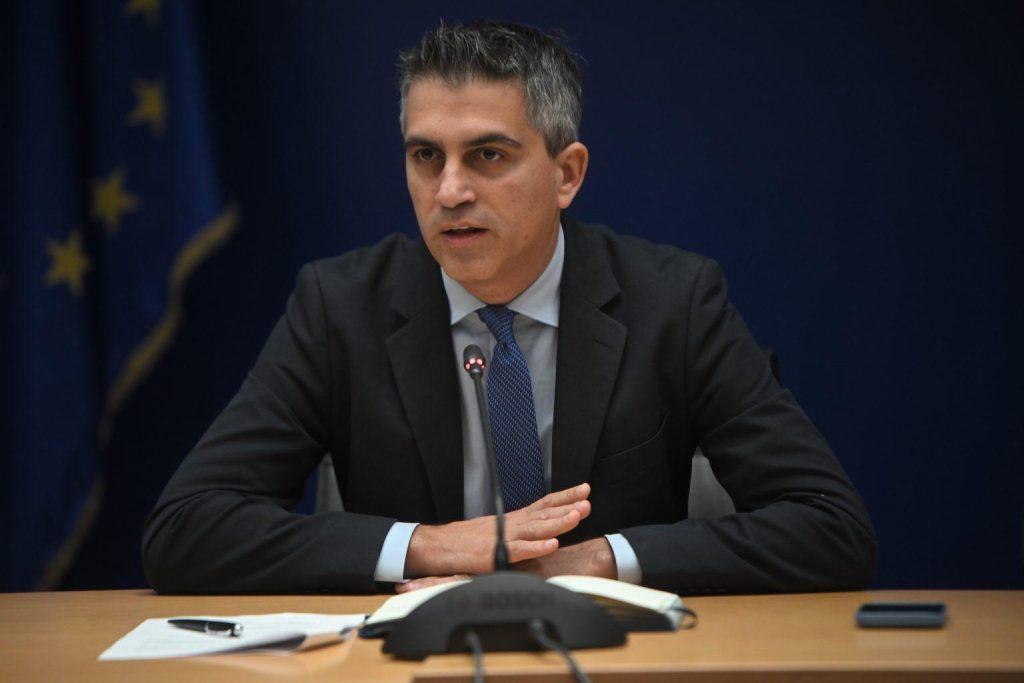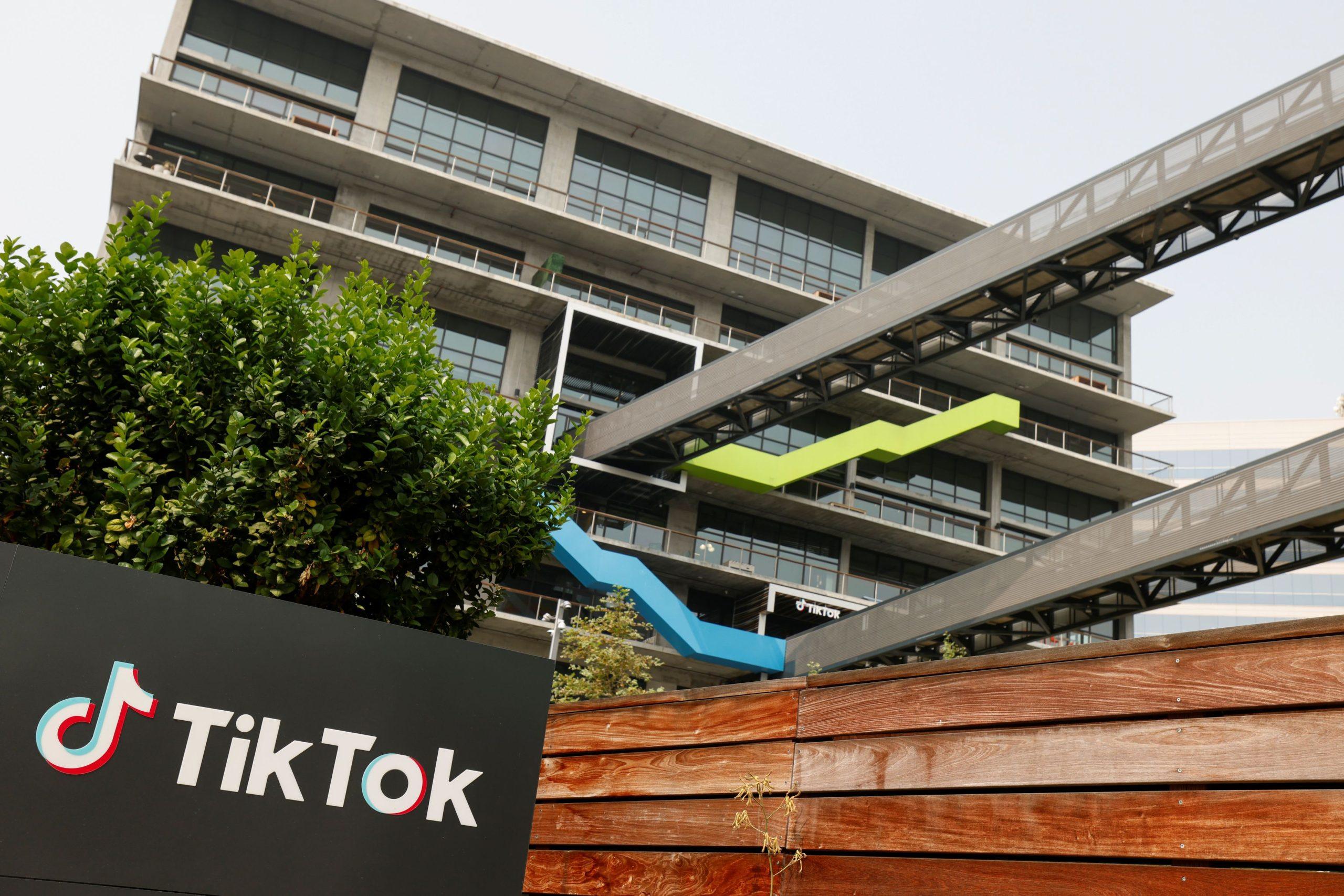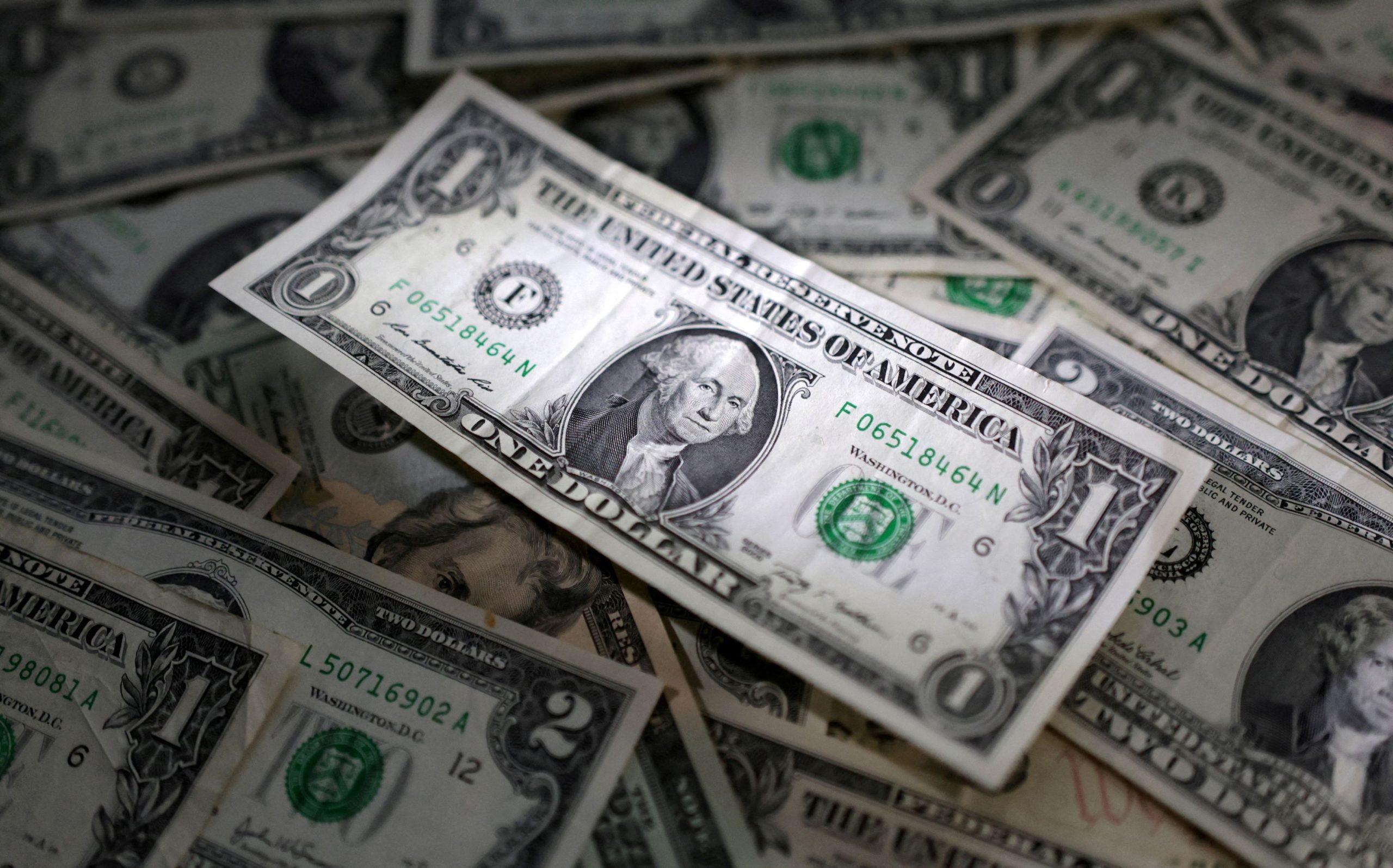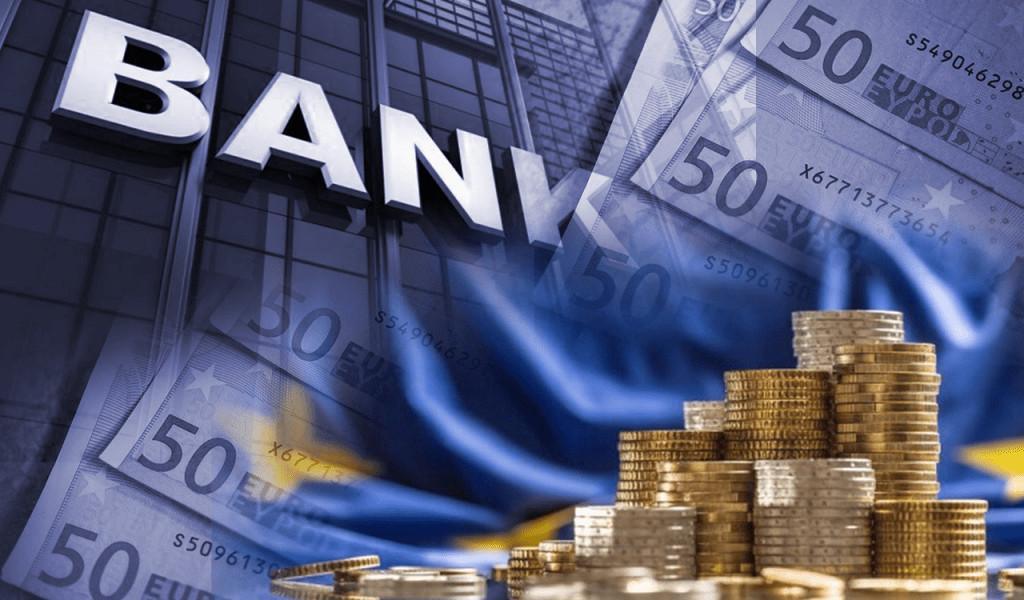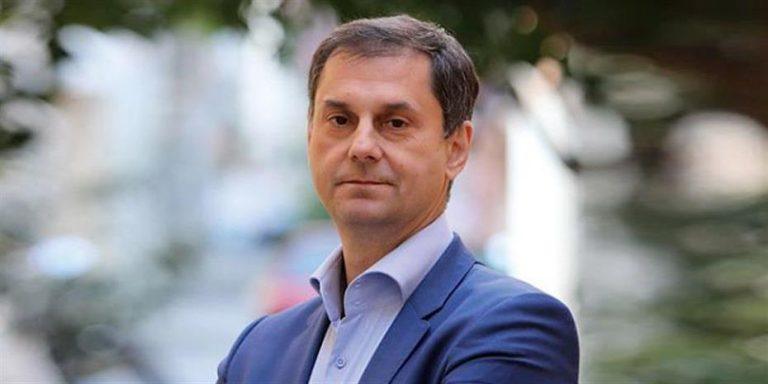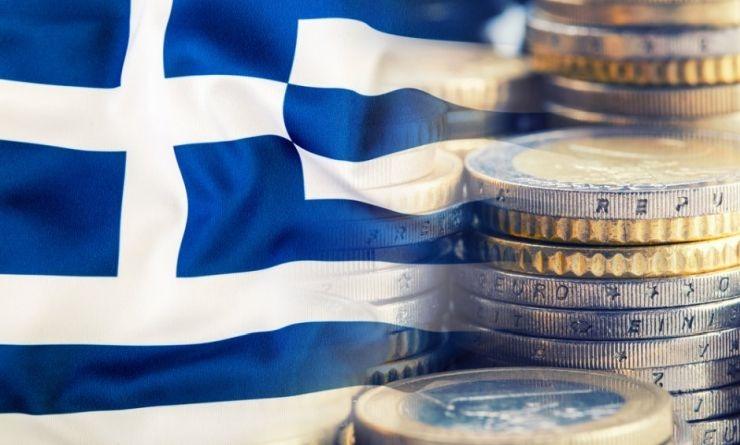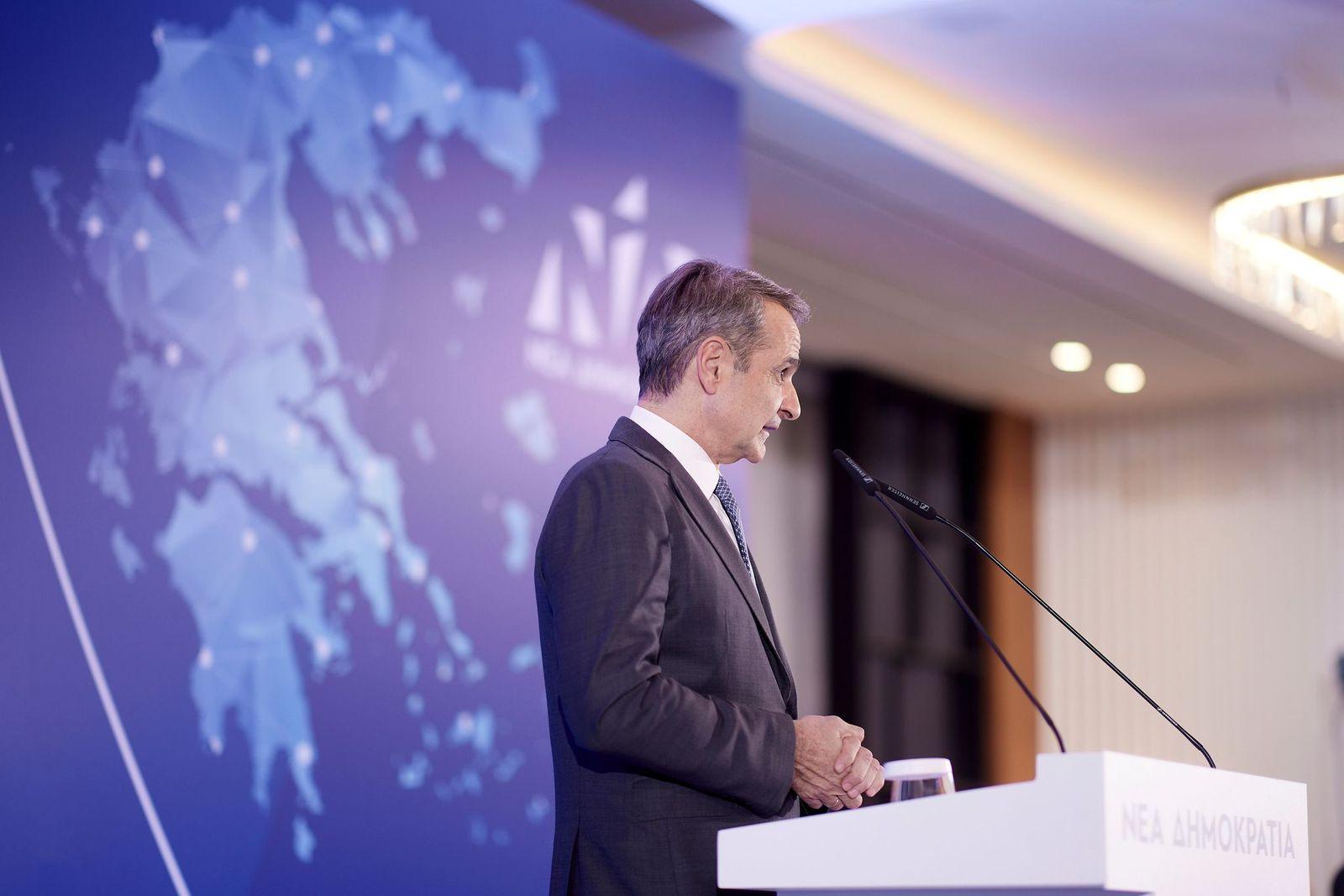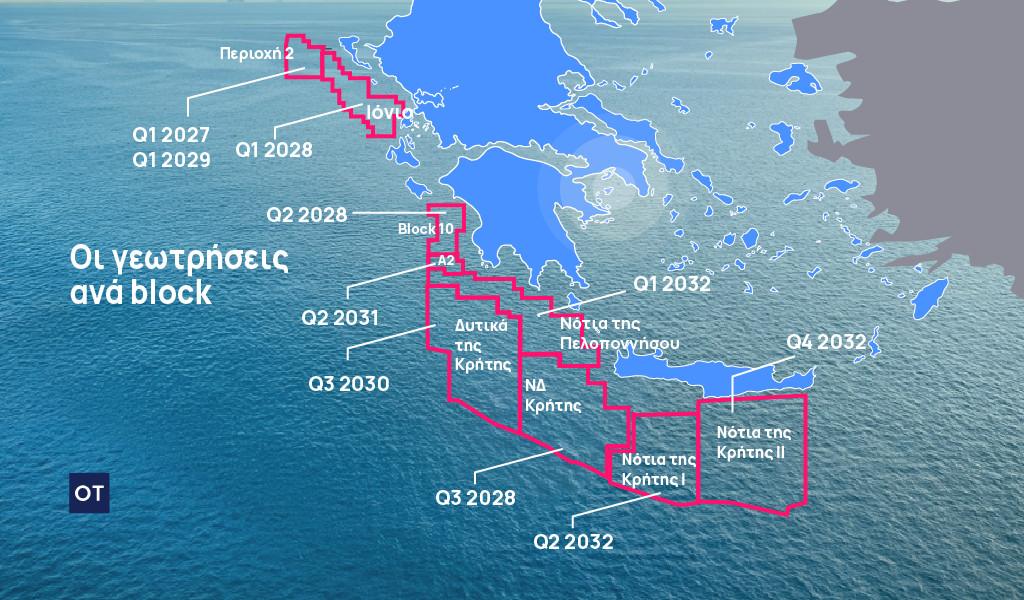Eurozone inflation reached 4.3% in September (from 5.2% in August), according to Eurostat’s final data, while in Greece it reached 2.4% (from 3.5% in August).
The lowest annual rates were recorded in the Netherlands (-0.3%), Denmark (0.6%) and Belgium (0.7%). The higher annual rates were recorded in Hungary (12.2%), Romania (9.2%) and Slovakia (9.0%). Compare to August, annual inflation fell in twenty-one Member States, remained stable in one and rose in five. Greece registered the biggest month-on-month increase of 1.9%.
Annual inflation in the euro area was 4.3% in September 2023, up from 5.2% in August. A year earlier, the percentage was 9.9%. Annual European Union inflation was 4.9% in September 2023, up from 5.9% in August. A year earlier, the figure was 10.9%.
Widening deflation in the eurozone
It is worth noting that during September, the highest contribution to the annual inflation rate of the euro zone came from services (+2.05%), followed by food, alcohol and tobacco (+1.78%), non-energy industrial goods (+1.06%) and energy (-0 .55%).
The above comes just days before Greece hosts the October 26 meeting of the European Central Bank’s governing board in Athens, which is being held for the first time since 2007. Analysts expect European bankers to keep eurozone interest rates unchanged for the first time in 15 months.
Lagarde’s message
The European Central Bank is closely monitoring oil prices for any inflationary effects from the Israel-Hamas conflict, President Christine Lagarde stressed, addressing eurozone finance ministers.
According to sources cited by Bloomberg, Lagarde spoke at a closed-door meeting of the bloc’s officials on Monday in Luxembourg, where the Eurogroup was meeting.
The outbreak of the Hamas-Israeli war has been met with a muted response in markets, although some analysts say an escalation could push oil to $100 a barrel. The ECB’s September inflation forecast — which sees consumer price growth slowing to 2% in 2025 — is based on an estimate that the price of oil at $82.7 a barrel this year will fall to $77.9 in 2025.
The risk of rising oil prices would hit both Europe and the US, Lagarde said at the meeting, which was also attended by US Treasury Secretary Janet Yellen.
The 2% target
Speaking last week at the International Monetary Fund meeting in Marrakesh, the ECB chief largely reiterated her assessment of the economy last month, while stressing that progress was still needed in tackling consumer prices.
According to Bloomberg, Lagarde stressed that “core inflation remains at high levels, reflecting the fact that the weakening effect of earlier increases in input costs is offset by rising labor costs.”
“Indeed, workers demanding compensation for lost purchasing power amid tight labor markets has resulted in historically high wage growth,” She added.
Inflation should slow to the 2% target in 2025, he noted, echoing officials’ forecasts at the Sept. 14 meeting. That meeting led to the decision to raise interest rates for the 10th time in a row, with a commitment to keep them high.
“Wage growth is expected to moderate gradually, although it will remain high over the projection horizon, driven by increases in minimum wages and compensation for inflation in a context of tight, if cold, labor markets,” the head of the European Central Bank said Bank.
The rise in prices
The Israel-Hamas conflict contributed to a modest rise in oil and gas prices. This has led to concern about a new wave of inflation. However, BoG governor Stournaras said the ECB should avoid any “knock reaction”.
“Given that the eurozone continues to be a large net importer of energy, it is likely to have a disinflationary impact,” he said, adding that “a humanitarian crisis” in Gaza could also cause a surge in refugees arriving in Europe.
The eurozone economy is already at “a critical point where “If we continue to raise interest rates, we run the risk of something breaking,” he said. “There is a lot of progress in reducing inflation, we are almost at a standstill in eurozone activity and we have seen a reduction in bank lending.”
The ECB raised its key deposit rate from a record low of minus 0.5% to an all-time high of 4% to tackle the biggest wave of inflation in a generation.
